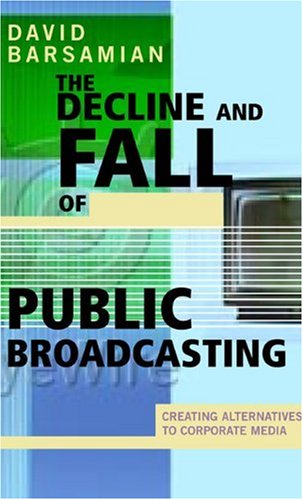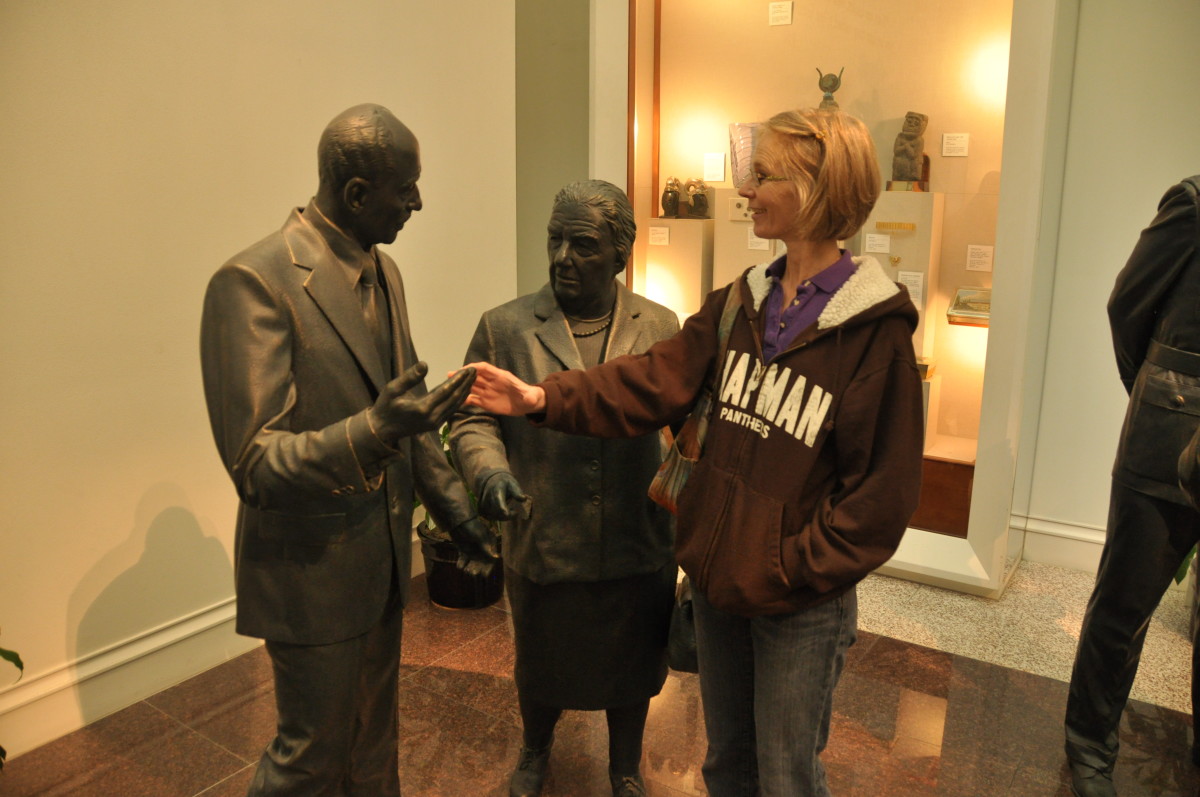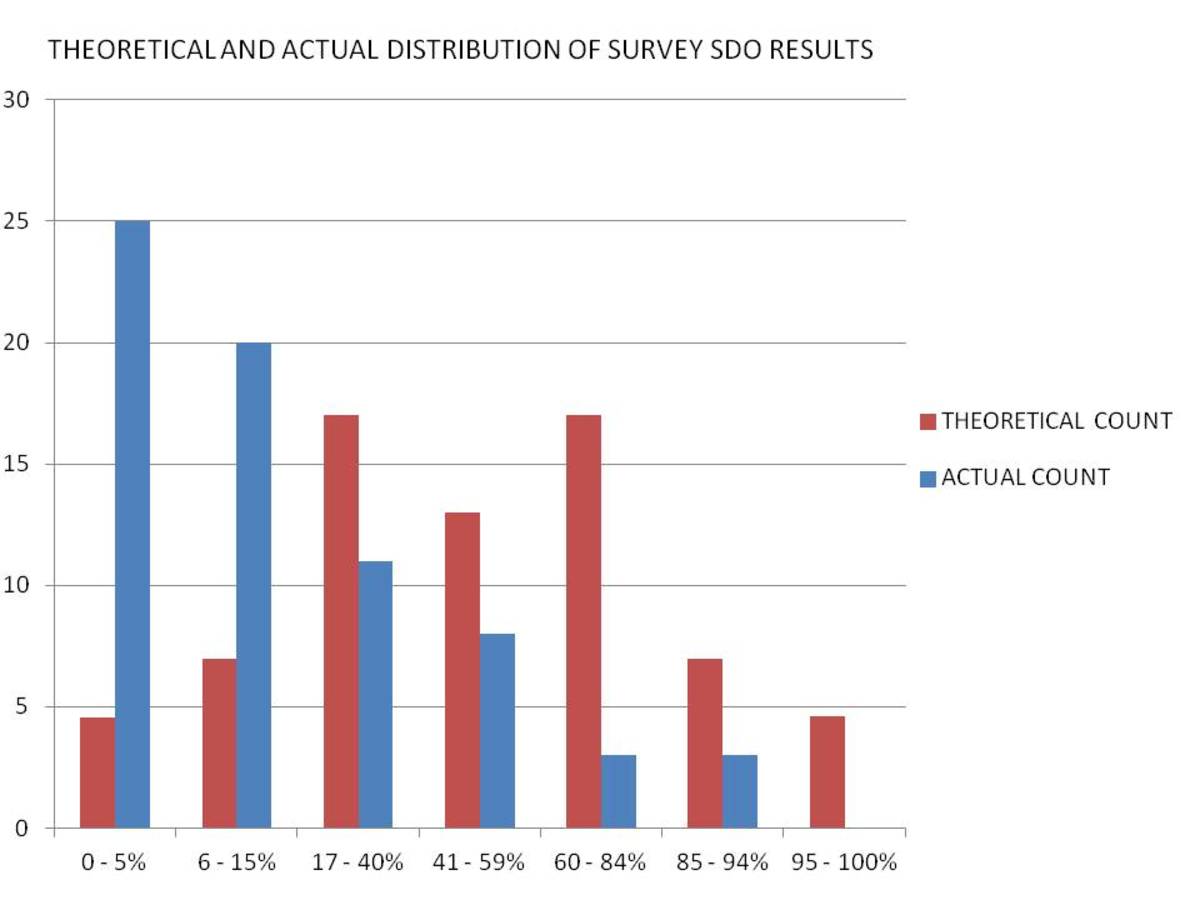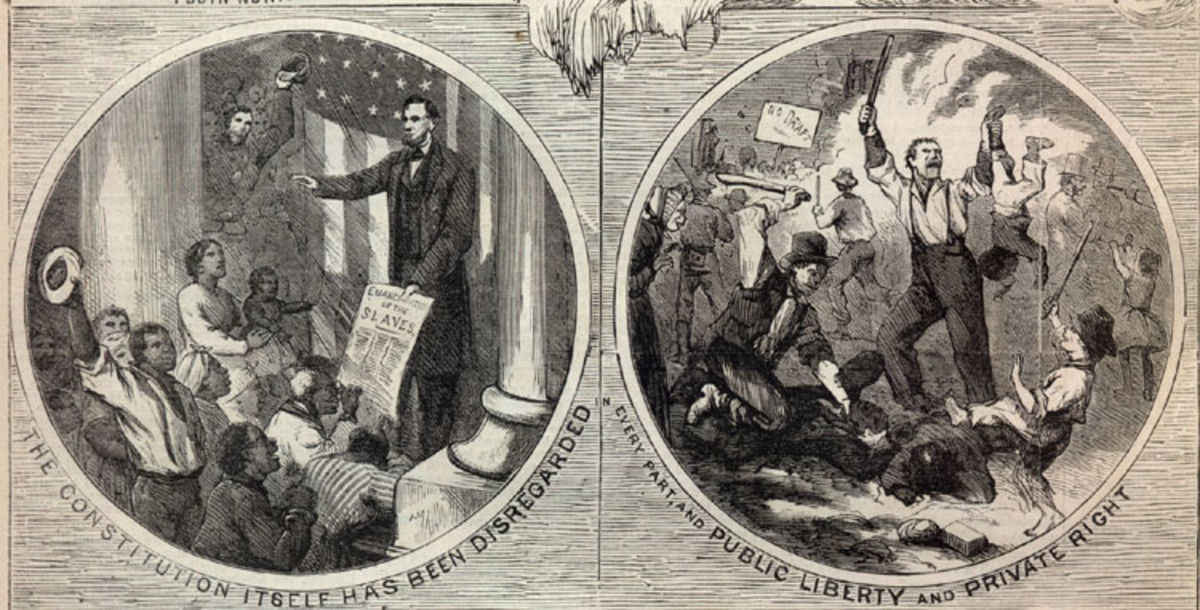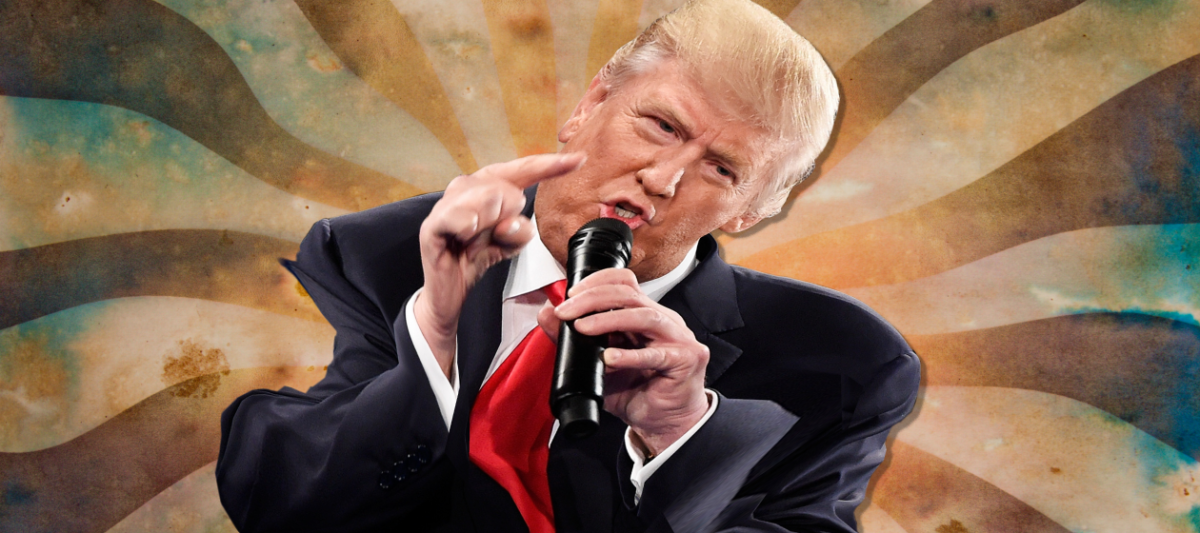A Defense of NPR (and Public Broadcasting)
Let me start by revealing my bias and admitting that I will rant a little in this article. I have been a consistent listener of my local NPR station for about ten years. As I drive around the Southern California area from class to class, either the local station or an NPR podcast is usually playing in the background. It has been a great way to stay informed about national / global events, history, science, and all sorts of topics. Without NPR, my countless hours of driving time would be far less productive.
Given my educational background, I have a pretty good feel for the perspectives of people from the two ideological extremes. I have heard and seen more than my share of both liberal and conservative media outlets. Based on this experience, I can say with some confidence that NPR is the most balanced, objective media source on the radio airwaves. Unlike exclusively political talk shows and commentators, much of what NPR reports has little or nothing to do with politics. And when discussing politics, they interview people and invite commentators from both sides of the political spectrum. Because they are not required to devote time to advertisements, and they cater to a more sophisticated than average audience, they are also able to look at stories in a fair amount of depth. The fact that NPR is harshly criticized by radio stations from both ideological extremes is strong evidence to me that they are floating around somewhere in the moderate middle.
At the moment, there are efforts in Congress to eliminate completely the federal funding of public broadcasting. This is partly justified by the general effort to cut federal spending and to get closer to a balanced budget. It is clear, however, that some want to cut off this funding because they believe that NPR has a liberal ideological bias, and in their view, federal dollars should not go to an organization with a political agenda. This is why the timing of recent controversies has been so damaging to NPR and public broadcasting in general. A few months ago, commentator Juan Williams was fired for statements that he made on Fox News. Some felt that this was a liberal overreaction to his statement that riding on an airplane with people in “Muslim garb” made him nervous. (He was actually engaging in self-criticism when he made this statement.) Others argued that NPR did not want one of their people doing commentary on the conservative Fox News Network. NPR stated that Williams violated their policy of requiring news analysts to refrain from personal commentary. Whatever the case, the firing of Williams fueled the fire for those who wanted to cut off federal funding for public broadcasting.
In the latest controversy, an NPR executive in charge of fundraising was caught on video saying that Tea Party activists are xenophobes and racists. And to make matters worse, he also stated that NPR would be better off without federal funding, creating the impression that this would free them up to more overtly push their political agenda. When the video went public on Youtube, this official immediately resigned, and yesterday, I heard that the CEO of NPR also resigned her position. On the surface, this seems to be about the worst thing that could happen, particularly when you consider that the video coincided with hearings before Congress in which people were pleading the case for federally funded public broadcasting.
But when you look at the absurd circumstances under which this video was created, NPR does not look so bad. The video, it turns out, was created through a strange sting operation. Two people pretended to be members of a Muslim organization that was interested in donating $5 million to NPR. Most likely, they put on this charade in hopes that this NPR official would either take money from a Muslim organization or say something that would appeal to them in order to get the donation. He did not take the donation, but the posers managed to get those embarrassing words out of him.
Here is a link to this story (and video) that has stirred the latest controversy
- NPR appalled by former execs comments - Yahoo! News
Outgoing NPR executive Ron Schiller slams Republicans and the tea party movement and suggests that NPR would be better off without any federal funding in a hidden-camera video released Tuesday by conservative filmmaker James O'Keefe. Schiller, presid
Books Related to Broadcasting and Media Bias
So what does this incident demonstrate? Given the fact that the NPR executive was a fundraiser, not a broadcaster, his personal political views are not all that important. Assuming that he is a general reflection of everyone who works for NPR is a bit of a stretch to say the least. And if this video is the best that these conservative activists could do to prove that NPR has a liberal agenda, then they have a pretty weak case. If NPR was as liberal as some claim, then they would be reporting stories and making statements all of the time that would give their bias away. Instead of setting up strange sting operations, all you would have to do is string together a bunch of statements broadcast over the airwaves. The fact that they are apparently unable to do something so simple and obvious indicates the weakness of their claims.
Some would say that this is beside the point. Federal spending should not go to something that only a minority of the population consumes. If people want public broadcasting, then they should donate the money necessary to keep it on the air. Most of the funding for public broadcasting comes from subscribers and corporate donors anyway, so most stations should be able to survive without federal funding. I can understand this argument; although you could make a good case that the federal government spends money on a lot of things that many of us do not directly utilize. And if I hear that my local NPR station is in trouble, I will be more than willing to increase my donations to help keep it on the air.
It is my understanding, however, that when broadcasting first came into existence, the government authorized stations to use a specified frequency under one condition: a certain amount of time needed to be set aside for programming that performed a public service. Now I don’t know if this rule is still on the books. From what I can gather, the only public service that most stations provide is the profit generated for owners of the station and the advertising time granted to its sponsors. And should public broadcasting disappear from smaller markets that cannot sustain a station without federal funding, listeners will have limited news options. They will either get “news” stations that mix in occasional headlines from the Associated Press squeezed between barrages of commercials, or they will get political commentators spewing their political opinions to an audience who enjoys being told what they already think. “Free” radio will no longer have frequencies devoted to the service of informing the public. It will primarily be the standard crap that generates high ratings.
But even if you buy my argument for the continuance of federally funded broadcasting, you may say that we cannot afford it any more. Federal spending is out of control, and we face a massive budget deficit. This is undeniably true. It is important to note, however, that the Corporation for Public broadcasting received $420 million in 2010 (according to an anti-public broadcasting post that I found). That constitutes approximately .011% of the federal budget of roughly $3.7 trillion. This is a classic example of what passes for budget cutting in Washington these days. Instead of going after the areas where the real money goes – Medicare, Social Security, Defense – they cut poor programs supported by weaker constituencies. So if people really believe that you can significantly reduce the budget deficit with nothing but spending cuts, then they need to stop playing games and propose substantial cuts to the big programs. Either that or they should face up to the obvious reality that the budget can only be close to balanced through a combination of tax increases and spending cuts. It’s ridiculous to keep using miniscule programs like public broadcasting as their whipping boy to earn credentials for their so-called fiscal conservatism. Maybe politicians would be less likely to play these games if stupid Youtube videos were not considered newsworthy by people with a political axe to grind. If more people listened to real news stations, crap might be less influential and distracting. It’s no wonder that certain people want public broadcasting to go away.

